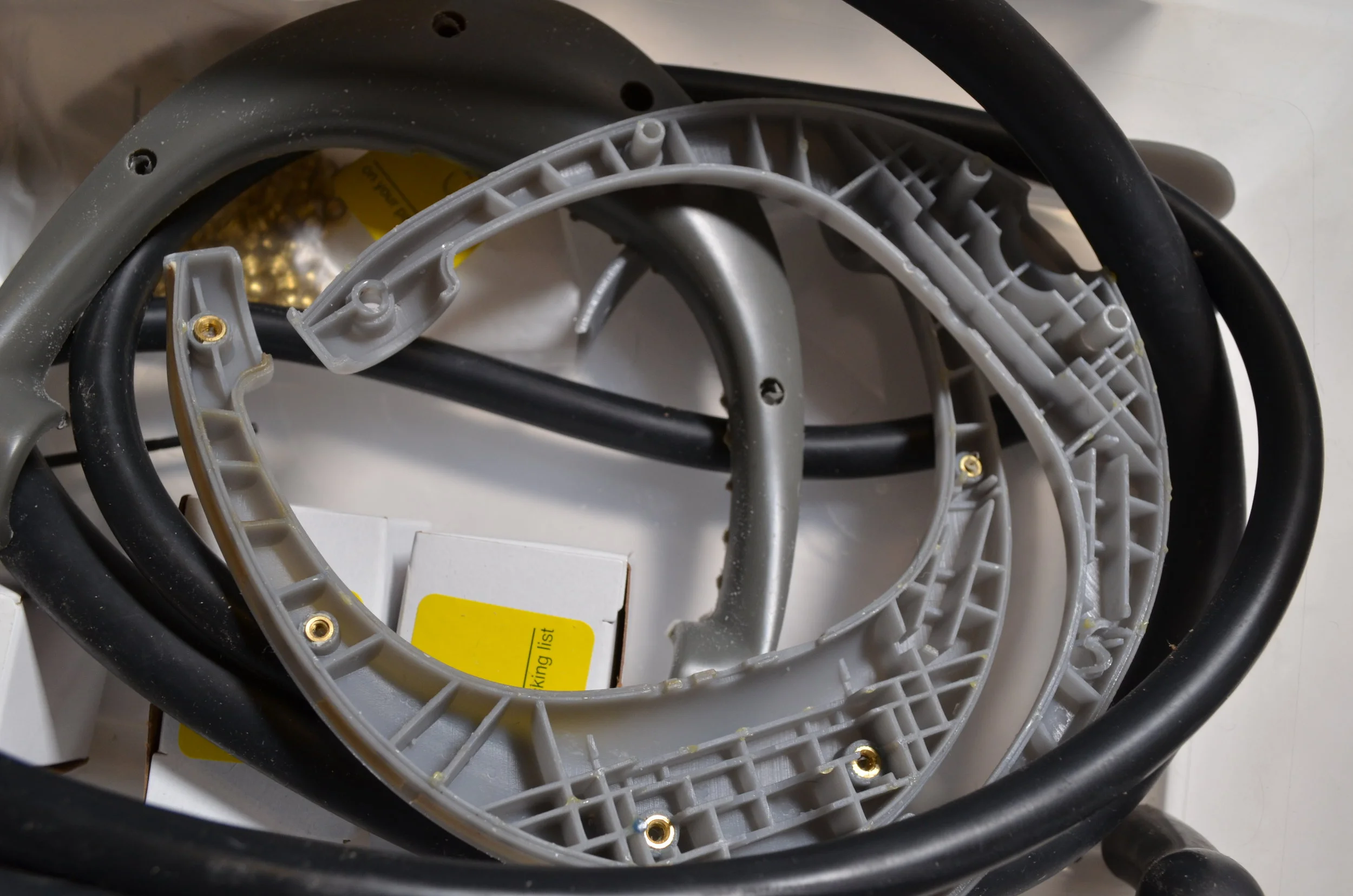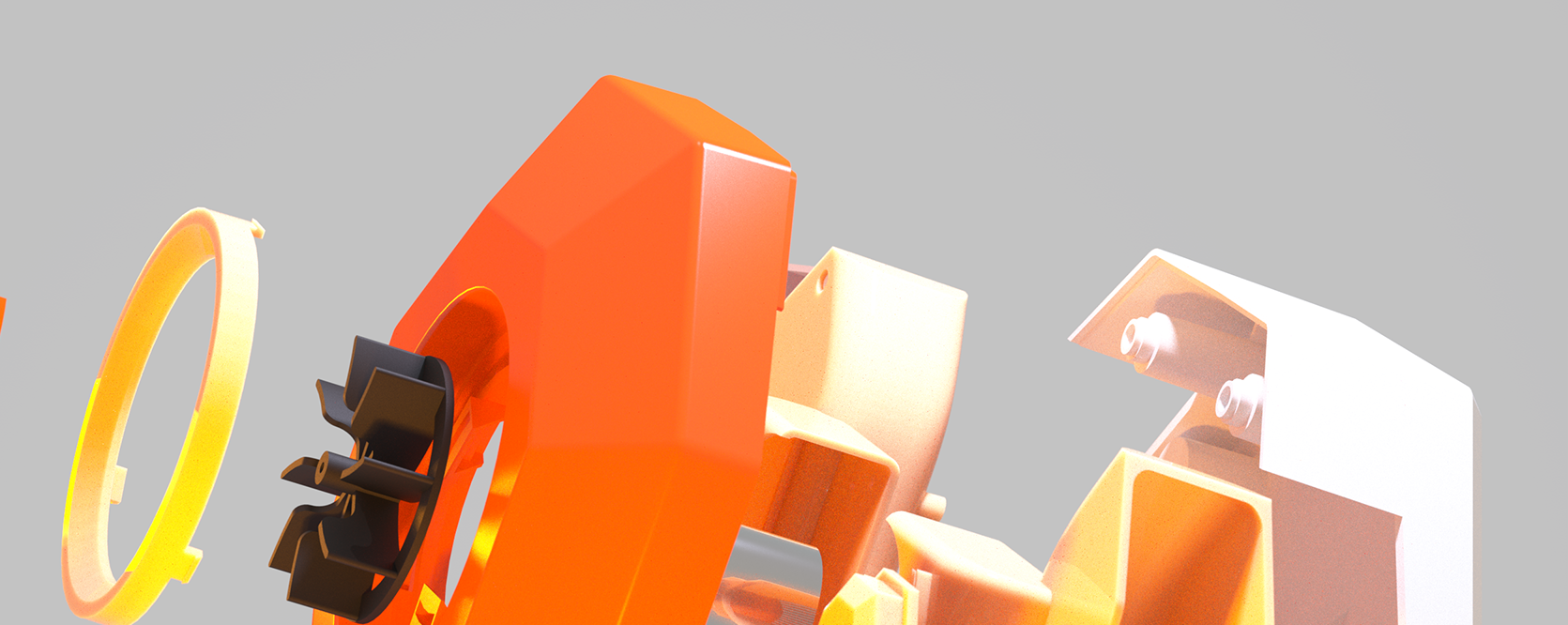Design:
- Pantone unveils its color of the year for 2017 - it's called Greenery: a "refreshing and revitalizing shade, Greenery is symbolic of new beginnings" - it seems like brands are recognizing a hunger for optimism in the face of ongoing bad news and a general pessimism about the entirety of 2016.
- Seasoned tech reporter Walt Mossberg says that current consumer tech trends are putting form too far ahead of functionality, and creating inferior (if good looking) user experiences. We think the rise of power derived from being a platform is a piece of this bad-for-user puzzle, with the big tech companies content to make devices that intentionally do not play well with others, seeking to own the whole tech ecosystem of the end user. This leads to lots of clumsy and frustrating work arounds, turning the promise of greater convenience via technology into an annoying chore. So if you want to get ahead as a tech company building consumer products maybe take the bolder stance of being generous with your customers and making things that work for their needs first and foremost, even if it cuts into your product ecosystem opportunities.
Building Things:
Automatons:
- Costs are falling, deployments are increasing for soft robotics: machines with flexible, conforming, non-marring grippers and actuators. It's an area of innovation that we've been involved with for awhile - much of the tech has spun out of research labs at MIT and Harvard, the Boston area has become a bit of a hub for robots of the squishy variety.
- Big tech companies are focusing on how to get you out of brick-and-mortar retail as fast as possible, and without human cashiers. This past week saw stories on Panasonic's efforts, as well as a slick video from Amazon of a (theoretically) quick and seamless way to get in and get out of their stores. What is a gain of convenience could also be a loss of privacy, with more specific sales data linked & stored to identifying info. Future data breaches for big retailers could lead to even more damaging PR events.
(Dis)trusting Technology:
Roadmapping the Future:
- Farhad Manjoo at the New York Times writes about the decline of gadgets, at least when we define gadgets as consumer electronics widgets. The rise of the do-almost-everything smartphone, enabled by massive strides in miniaturization means we don't need nearly the same amount of discrete products to do the handful of jobs traditionally left to gadgets (record sound, take a video, take a picture, make a call, send an email etc.). From the perspective of reduced carbon and e-waste, this at least has the potential to be a very good thing - we are doing more with fewer products. What the article seems to miss is that there has been, and continues to be huge growth when it comes to adding 'gadgets' or instrumentation/IoT-type products for commercial and industrial applications. In our opinion and experience, the single-function gadget isn't dying, it's just gone professional.
More next week.
Design:
Body/Image:
Machines for Moving:
Behavior:
- A brief history of the consumer.
- How scientists, designers and engineers conspire to create addictive patterns in digital products. A line towards the end of the article sums up this problem (and many others) quite neatly: "There is a fundamental conflict between what people need and what companies need." There is still a great deal of hope that things like open-source, distributed community projects and tools for democratizing product development (like 3D printing) will lead to products and services that are more humane in their effects and intent, but the profit motive has incredible power to produce outcomes that are unhealthy for society at large.
More next week.
Design:
Building Things:
- The startup Jibo, working on a robot helper for the home has announced another delay - putting their initial product shipments about 2 years out from the original plan. Complex hardware is difficult for even huge companies with deep benches of talent and solid vendors to execute successfully on (see Samsung's recent recall stumbles) so delays are the norm for startups. The more troubling complication the article mentions is that beta testers didn't seem to be able to find ways of interacting with the device that were especially useful or rewarding. Shipping late is forgivable, shipping an underwhelming first product is usually a death sentence for startups. Jibo would probably be in much better shape if Amazon's Echo products hadn't come along in the interim - we're guessing that Alexa takes care of 90% of the needs that something like Jibo (a fixed location robot) would do for a user.
- The Brookings Institute with a report on why bringing manufacturing back is more of a time travel issue than a geographic one: automation is cheaper and technological advances mean more value produced with fewer jobs. In 1980 it took 25 employees to achieve $1MM in revenue in a manufacturing context; today the same amount can be generated by 5.
Big Business:
- The consumer wearable technology market herd continues to thin - Intel is shutting down their wearable offering, the Basis Ruby. Considering we've never seen anyone wearing one, we're not that surprised. Building a compelling consumer product line or brand is among the most difficult business opportunities to pursue.
Feeding the Future:
More next week.




